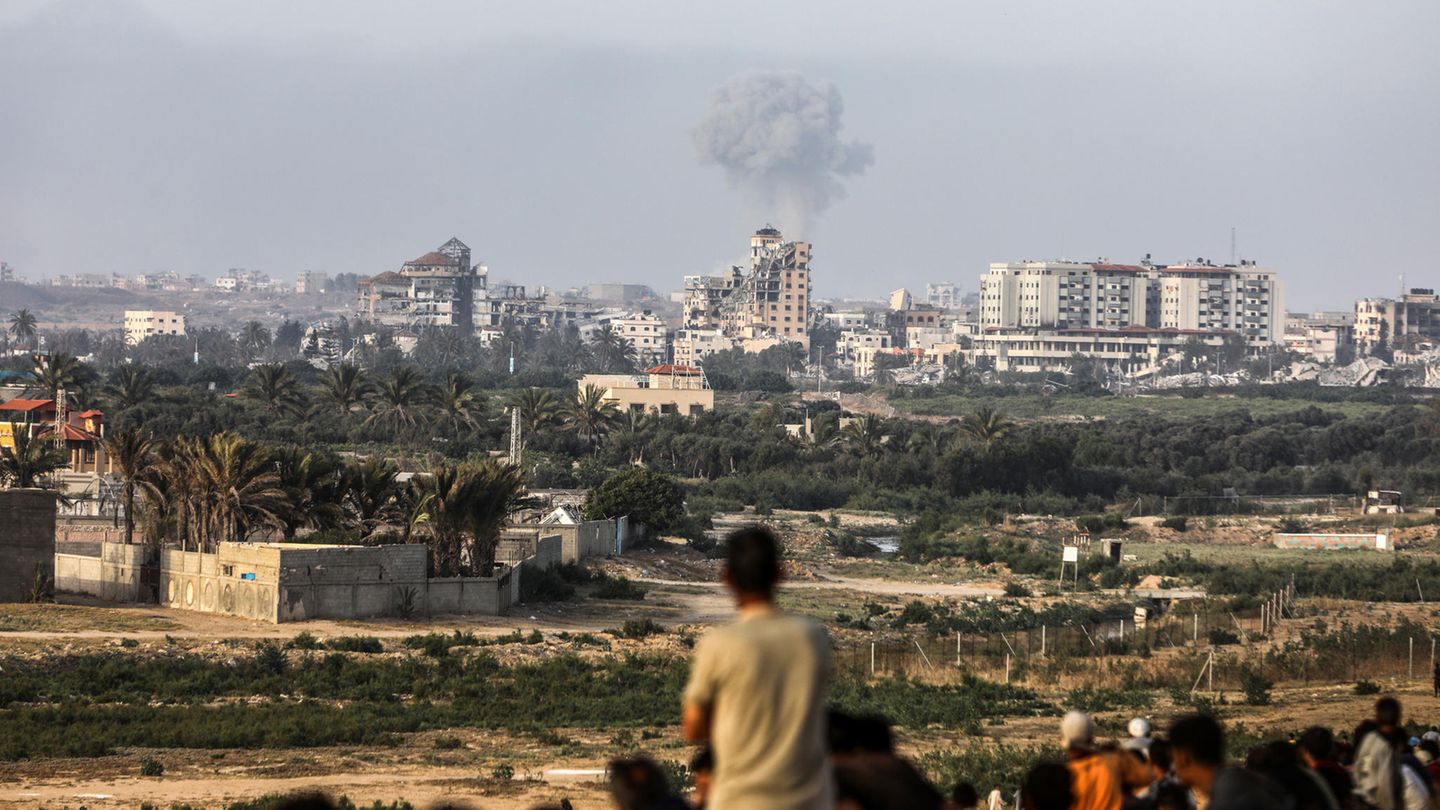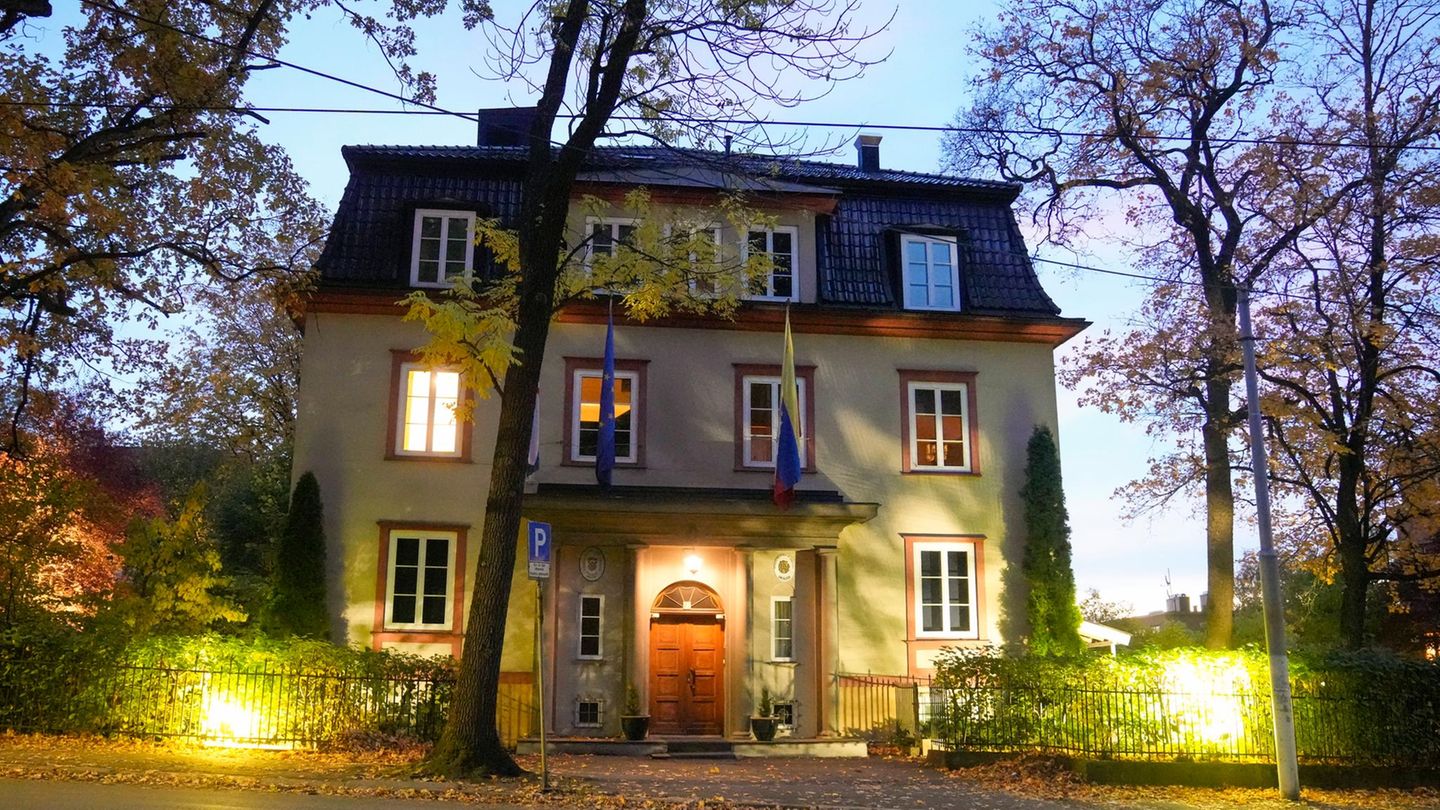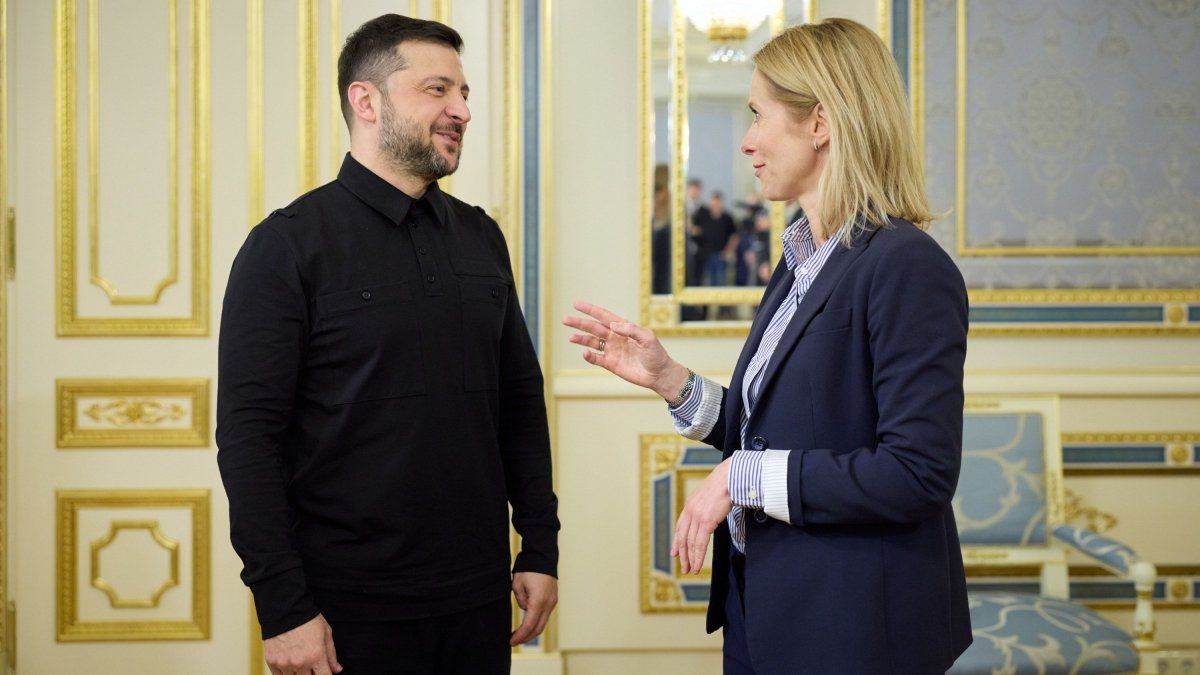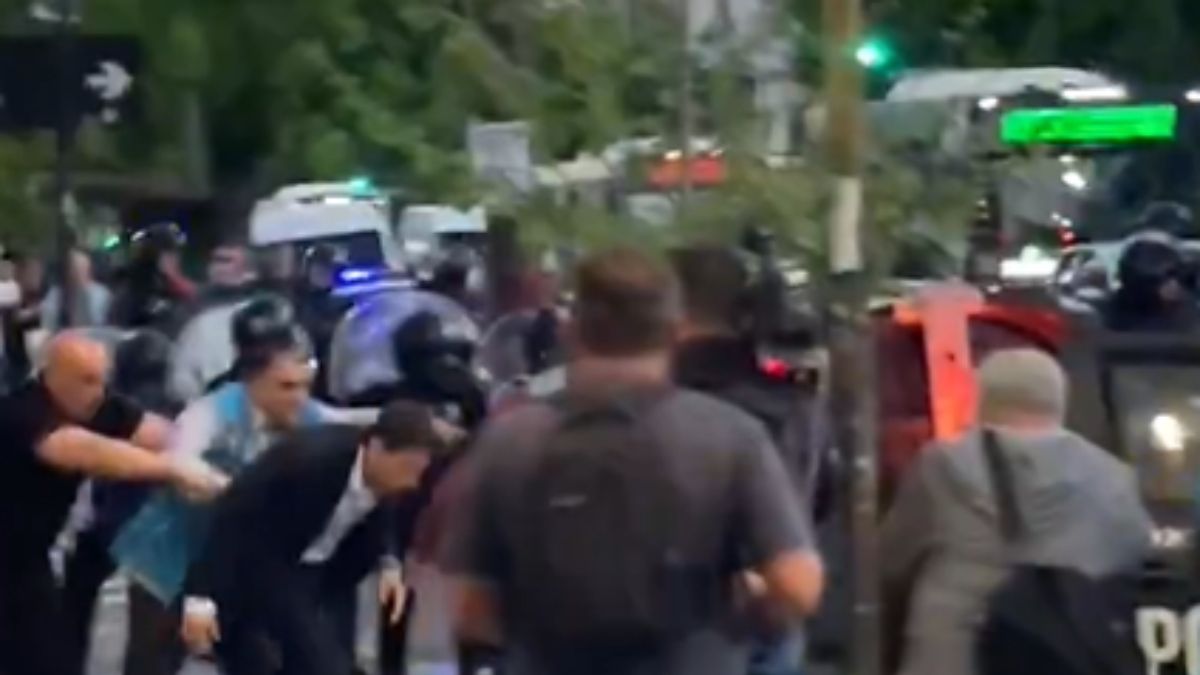The United Nations International Court of Justice (ICJ) has ruled that Israel must immediately stop its offensive in Raffah. South Africa had filed a lawsuit – for the third time.
In the dispute over the Israeli offensive in Rafah, the International Court of Justice (ICJ) has partially complied with a demand from South Africa. According to the court, Israel must stop the offensive in the city in the south of the Gaza Strip. According to the judges, the humanitarian situation in Rafah has become disastrous. Further measures are necessary to prevent further harm to the civilian population.
The highest UN court also ordered Israel to keep the Rafah border crossing on the border between the Gaza Strip and Egypt open. This step was necessary to “ensure the unhindered flow of urgently needed basic supplies and humanitarian aid on a large scale”. The judges also called for the “immediate release” of the hostages kidnapped in the Gaza Strip by the radical Islamist Hamas more than seven months ago. It was “deeply disturbing that many of these hostages are still in captivity”, the judges said, referring to the major Hamas attack on Israel on October 7. The ICJ repeated its call for “their immediate and unconditional release”.
Third lawsuit over Israel’s actions in the Gaza Strip
This is the third time that South Africa has asked the UN court to take additional measures against Israel. In December, South Africa accused Israel of genocide in the Gaza Strip before the ICJ. In response, the ICJ ordered Israel in January to do everything in its power to prevent acts related to “genocide” in the Gaza Strip. However, the court did not order a ceasefire.
The court decision on Friday increases political pressure on Israel. The Israeli army advanced into Rafah in early May despite international warnings and says it is carrying out “targeted” operations in the border town, where it locates the last remaining Hamas battalions.
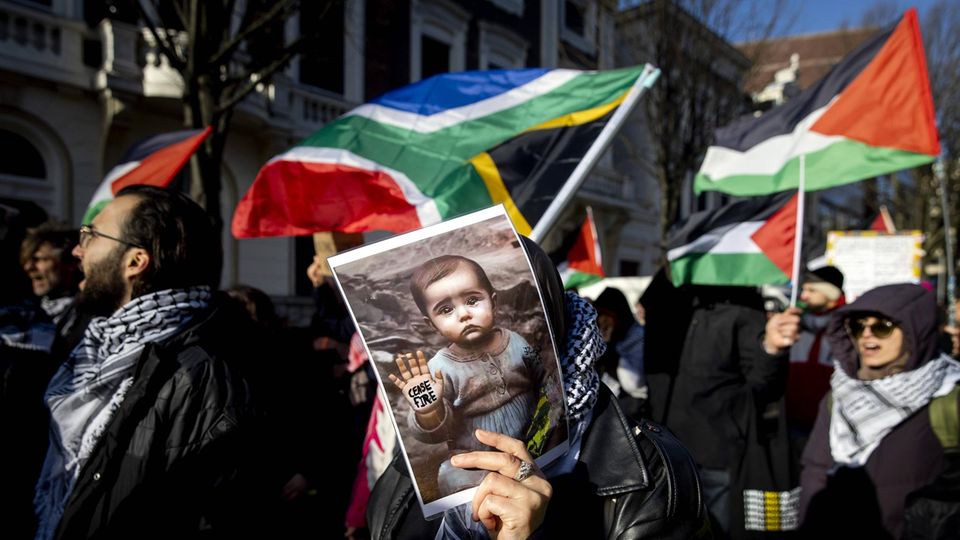
Judges find South Africa’s “genocide” claim plausible – what the decision means
05:08 min
South Africa’s UN ambassador Vusimuzi Madonsela said last week in a public hearing before the ICJ that Israel’s “genocide” in the Palestinian territory continues unabated and has “just reached a new and horrific level”.
UN court without sanctions
The ICJ was set up to rule on interstate disputes. Although its rulings are legally binding, it has little ability to enforce them.
At the beginning of the week, the chief prosecutor of the International Criminal Court (ICC) requested an arrest warrant against Israeli Prime Minister Benjamin Netanyahu and Defense Minister Yoav Gallant for crimes in the Gaza war. At the same time, the chief prosecutor requested arrest warrants against the leadership of the radical Islamic Palestinian movement Hamas. EU foreign policy chief Josep Borrell called on Israel on Friday to refrain from intimidating the ICC judges.
“I ask everyone, starting with the Israeli government, but also some European governments, not to intimidate the judges or threaten them,” Borrell said in an interview with the Spanish television station TVE. The actions of chief prosecutor Karim Khan should not be seen as an “anti-Semitic attitude,” Borrell stressed with regard to the requested arrest warrant and called for “respect for the International Criminal Court.”
Source: Stern
I have been working in the news industry for over 6 years, first as a reporter and now as an editor. I have covered politics extensively, and my work has appeared in major newspapers and online news outlets around the world. In addition to my writing, I also contribute regularly to 24 Hours World.

